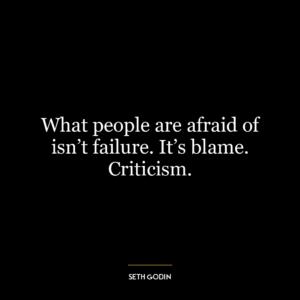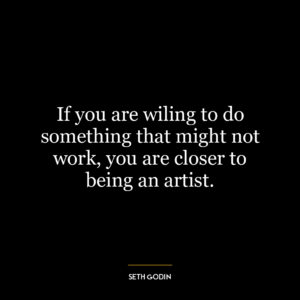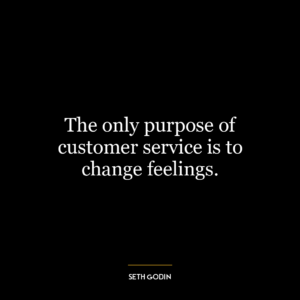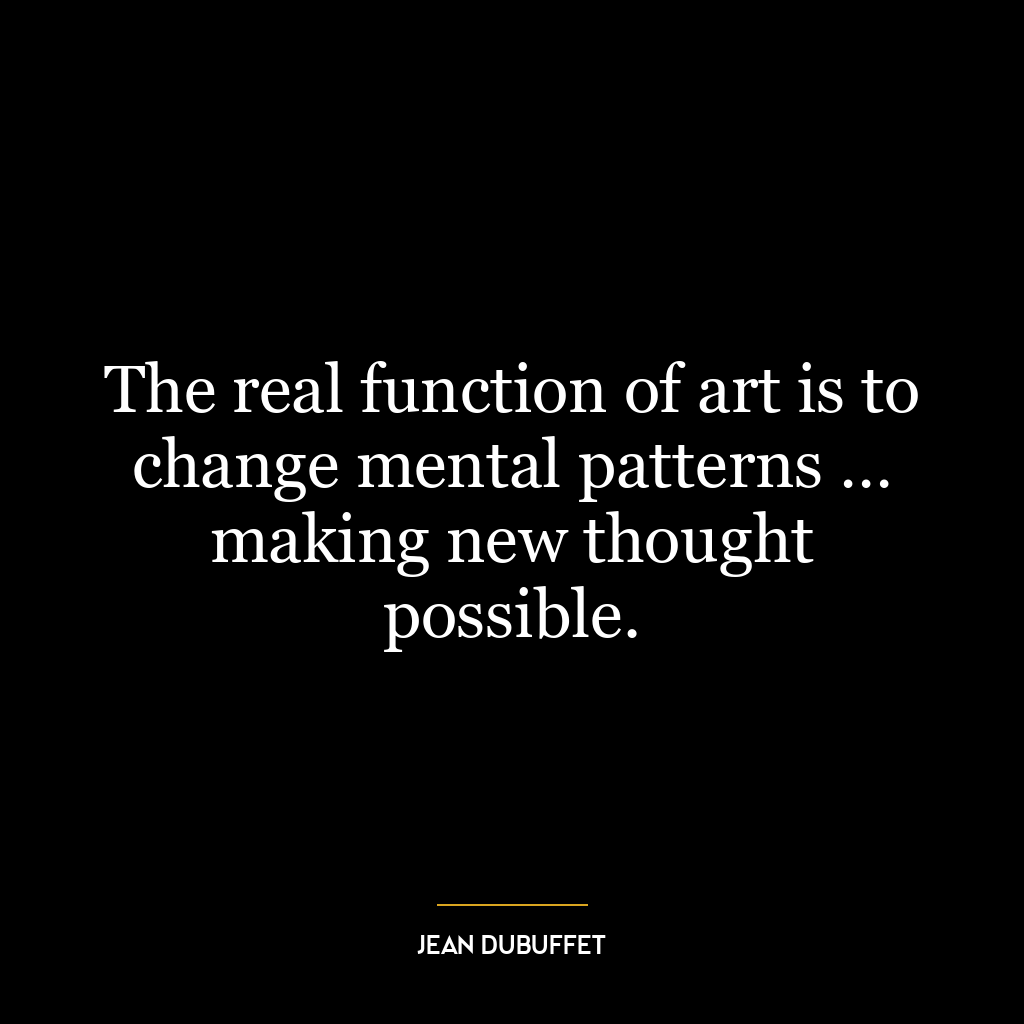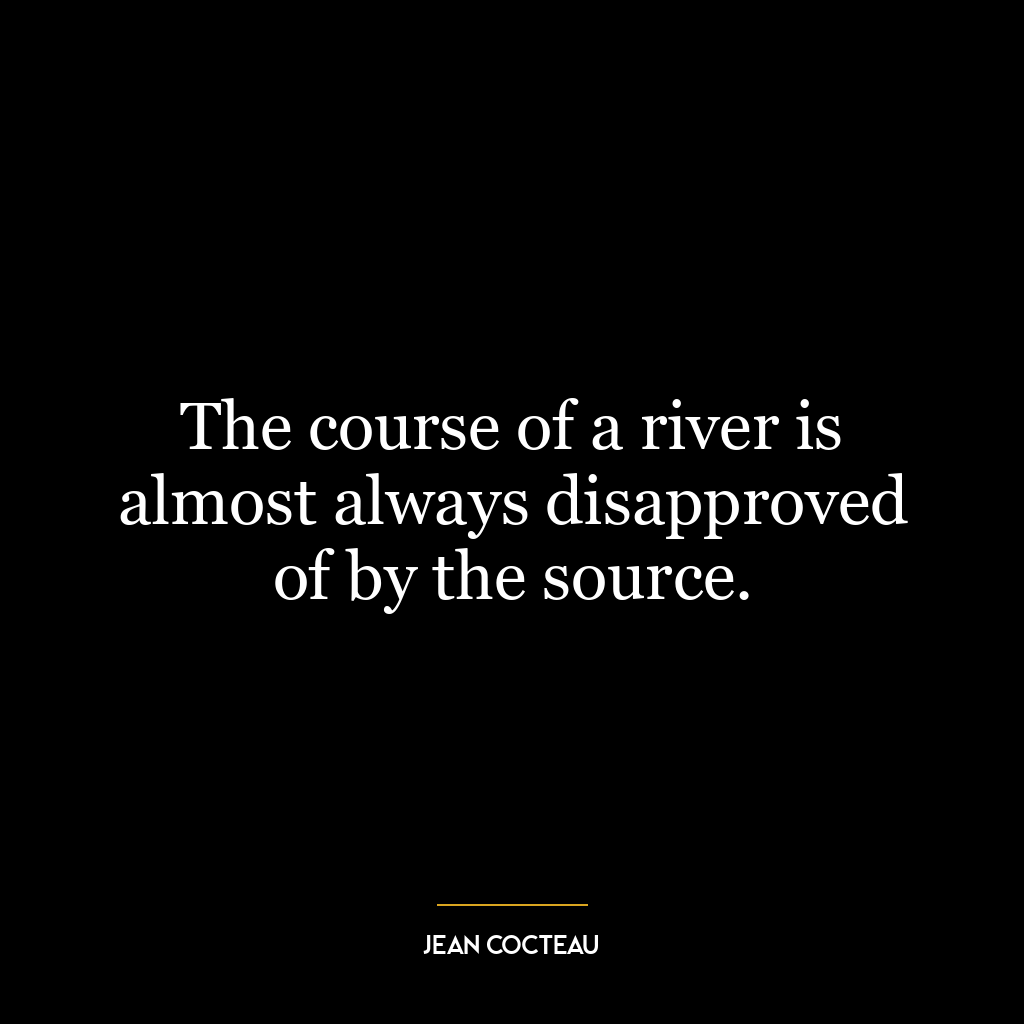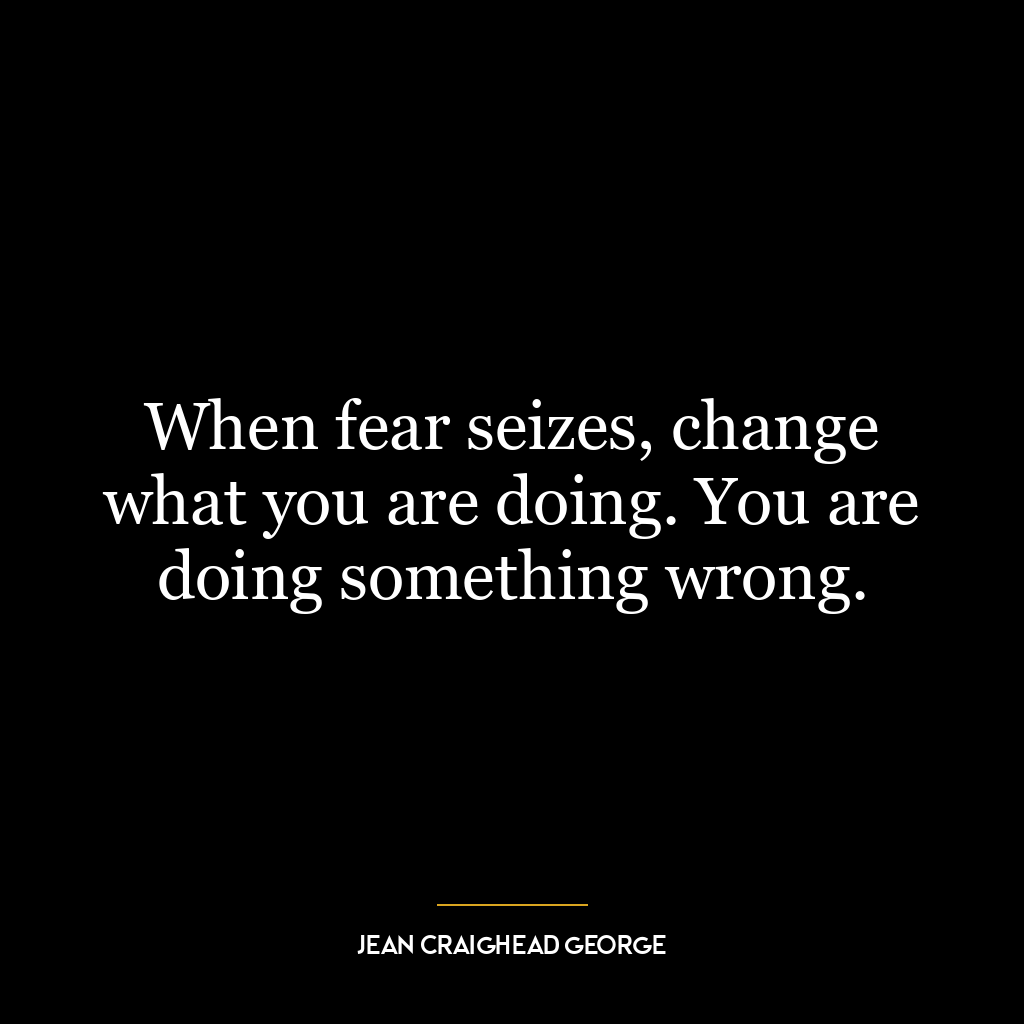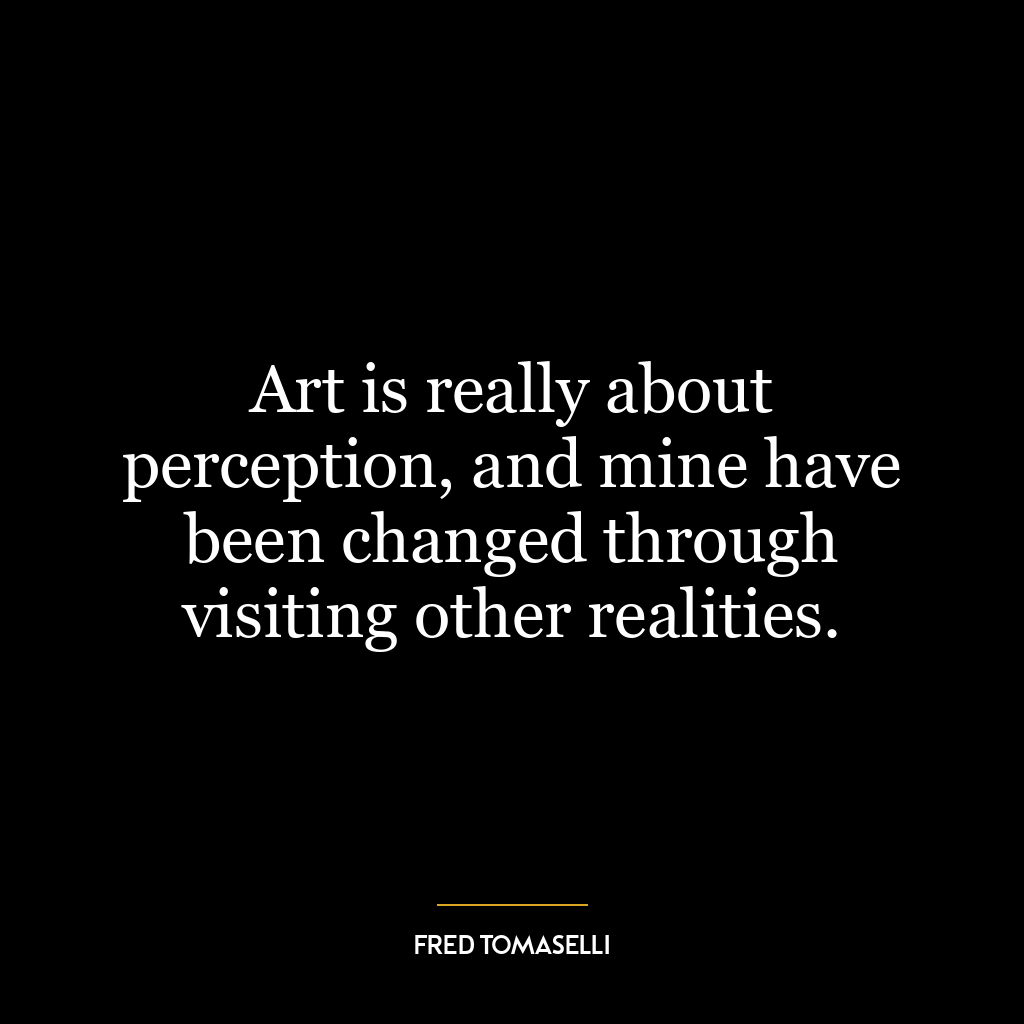If you’re not upsetting anyone, you’re not changing the status quo.
This quote implies that real change often comes with resistance. The status quo, or the existing state of affairs, is comfortable for many people because it is familiar and predictable. When someone proposes a change to this established order, it can be met with opposition from those who are content with things as they are.
In essence, if you’re not upsetting anyone, you might not be challenging the status quo enough to bring about significant change. This doesn’t mean that one should seek to upset others intentionally but rather indicates that discomfort and disagreement can be signs of meaningful progress.
Looking at this idea in today’s world context, we see numerous examples where pushing against the status quo has led to resistance but ultimately brought about positive changes. Movements for social justice or environmental sustainability have often faced backlash initially but have gradually shifted societal norms and policies over time.
Similarly, in personal development terms, this concept suggests that growth often involves stepping out of our comfort zones which can cause unease. For example, if someone wants to improve their public speaking skills but avoids opportunities due to fear of criticism or failure – they’re maintaining their status quo. In contrast, by embracing the potential discomfort and facing their fear head-on – they challenge their personal status quo and create room for improvement.
Therefore while upsetting others shouldn’t be a goal in itself; when seen as a reaction towards challenging complacency – it becomes an indicator of progress towards meaningful change whether on a societal level or individual growth perspective.





